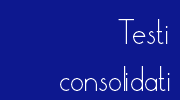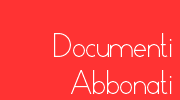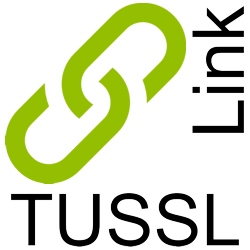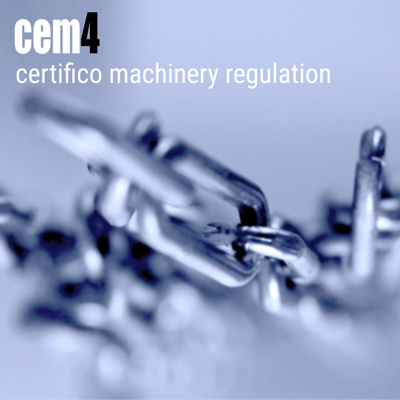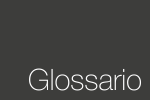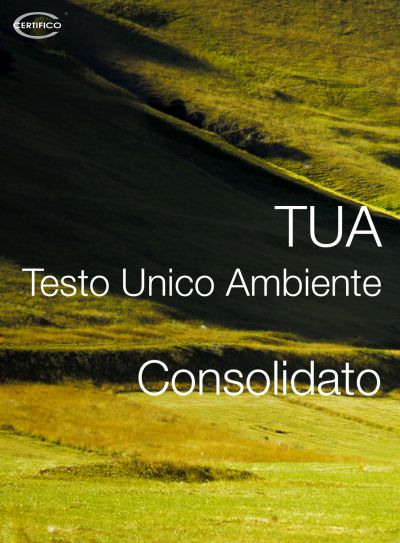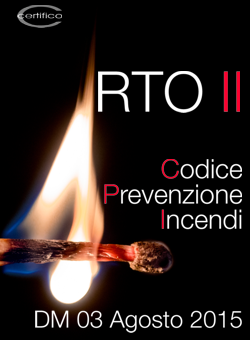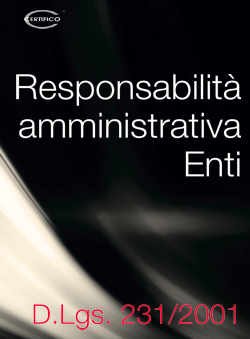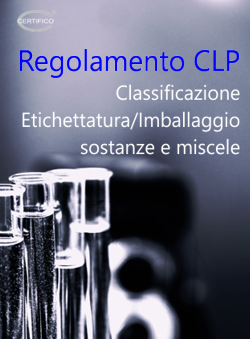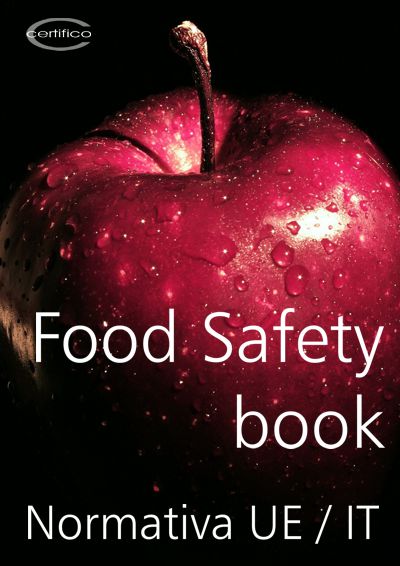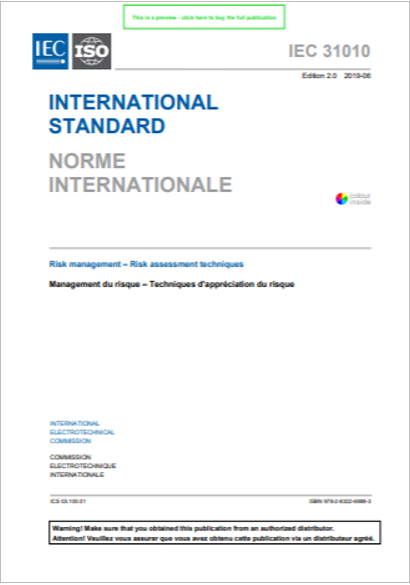IEC 31010 Ed. 2.0 2019
| ID 8666 | | Visite: 8878 | Documenti ISO | Permalink: https://www.certifico.com/id/8666 |
IEC 31010 Ed. 2.0 2019
Risk management - Risk assessment techniques
Edition 2.0 2019-06 | Preview in attachment
International Standard IEC 31010 has been prepared by IEC technical committee 56: Dependability, in co-operation with ISO technical committee 262: Risk management.
This second edition cancels and replaces the first edition published in 2009. This edition
constitutes a technical revision.
This edition includes the following significant technical changes with respect to the previous edition:
- more detail is given on the process of planning, implementing, verifying and validating the use of the techniques;
- the number and range of application of the techniques has been increased;
- the concepts covered in ISO 31000 are no longer repeated in this standard.
This document provides guidance on the selection and application of various techniques that can be used to help improve the way uncertainty is taken into account and to help understand risk.
The techniques are used:
- where further understanding is required about what risk exists or about a particular risk;
- within a decision where a range of options each involving risk need to be compared or optimized;
- within a risk management process leading to actions to treat risk.
The techniques are used within the risk assessment steps of identifying, analysing and evaluating risk as described in ISO 31000, and more generally whenever there is a need to
understand uncertainty and its effects.
The techniques described in this document can be used in a wide range of settings, however the majority originated in the technical domain. Some techniques are similar in concept but
have different names and methodologies that reflect the history of their development in different sectors. Techniques have evolved over time and continue to evolve, and many can be used in a broad range of situations outside their original application. Techniques can be adapted, combined and applied in new ways or extended to satisfy current and future needs.
This document is an introduction to selected techniques and compares their possible applications, benefits and limitations. It also provides references to sources of more detailed
information.
The potential audience for this document is:
- anyone involved in assessing or managing risk;
- people who are involved in developing guidance that sets out how risk is to be assessed in specific contexts;
- people who need to make decisions where there is uncertainty including:
- - those who commission or evaluate risk assessments,
- - those who need to understand the outcomes of assessments, and
- - those who have to choose assessment techniques to meet particular needs.
Organizations that are required to conduct risk assessments for compliance or conformance purposes would benefit from using appropriate formal and standardized risk assessment
techniques.
Add more in attachment
IEC/ISO
http://store.uni.com/catalogo/index.php/iec-31010-2019.html
Collegati
| Descrizione | Livello | Dimensione | Downloads | |
|---|---|---|---|---|
| ISO IEC 31010 Ed. 2.0 2019 Preview.pdf ISO/IEC 2019 |
395 kB | 54 |





































